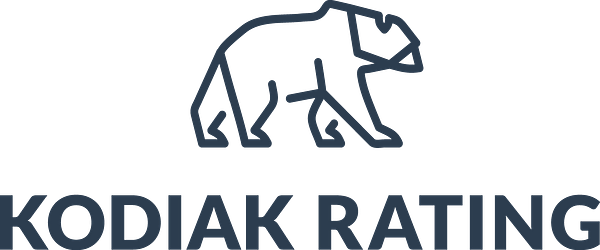News -
Supply Chain Innovation out at Sea
In strides to improve the innovation, visibility, resilience, and performance of the oceanic transport sector in the US, the Federal Maritime Commission is looking to implement phase two of their Supply Chain Innovation program.
Phase one of the program ran from May 2016 until October 2016 and the key goals were focused around enhancing the performance and visibility of import teams. From the first phase of the program, the FMC “identified the need for a national seaport information portal” (mhlnews.com 2017).
The second phase of the program will take a slightly different approach, leveraging the competencies of 40 industry leaders (representing public port authorities, warehouses, exporters, ocean carriers, longshore labor, ocean transportation intermediaries, trucking, and rail.) in collaboration to better develop the storage and utilization of maritime related data.
Commisioner, Rebecca Dye remarked, "Our teams are 'stepping out of their silos' to identify their needs for strategic information so that our entire supply chain can operate as a harmonious system." This is the kind of collaborative innovation necessary to remain competitive in the midst of the global supply chain’s digital transformation.
While this kind of digitalization is exciting and transformative, it reminds us very quickly of the necessity for education within these organizations, but moreover cyber security. Just two weeks ago, Maersk’s supply chain databases were hacked, which delayed deliveries to various ports by days. Maersk was able to address the issue quickly due to their high-competency and experience with the supply chain technology, but that same response can't always be expected of large organizations. Enhancing digital transformation is a process that has a plethora of risks that must be managed accordingly, preemptively and continuously in order to avoid disruptions to the platform.
Dye claims that these digital implementations will be relaying “[…] critical pieces of information not just large amounts of data,” in order to better collaboration amongst participating entities to enhance their performance harmoniously.
"We are convinced that seaport information infrastructure is key to American economic competitiveness," Dye concludes.
Related links
Topics
- Finance
Categories
- digital transformation
- tech
- trends
- supply chain management
- supply chain
- supplier relationship management
- software
- news
- business
